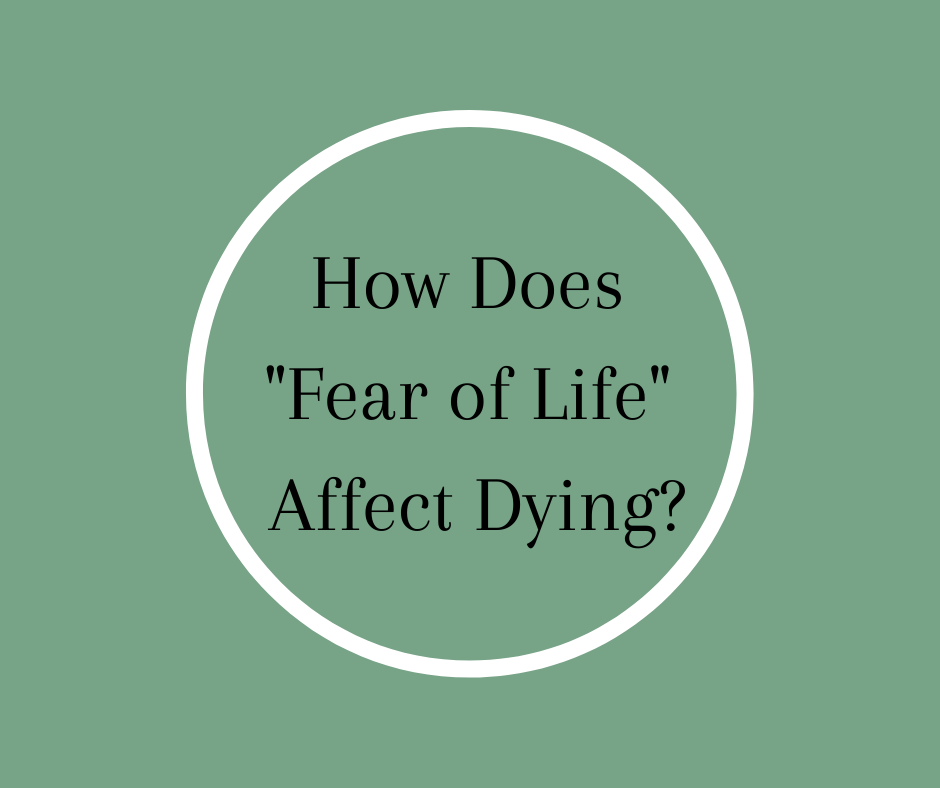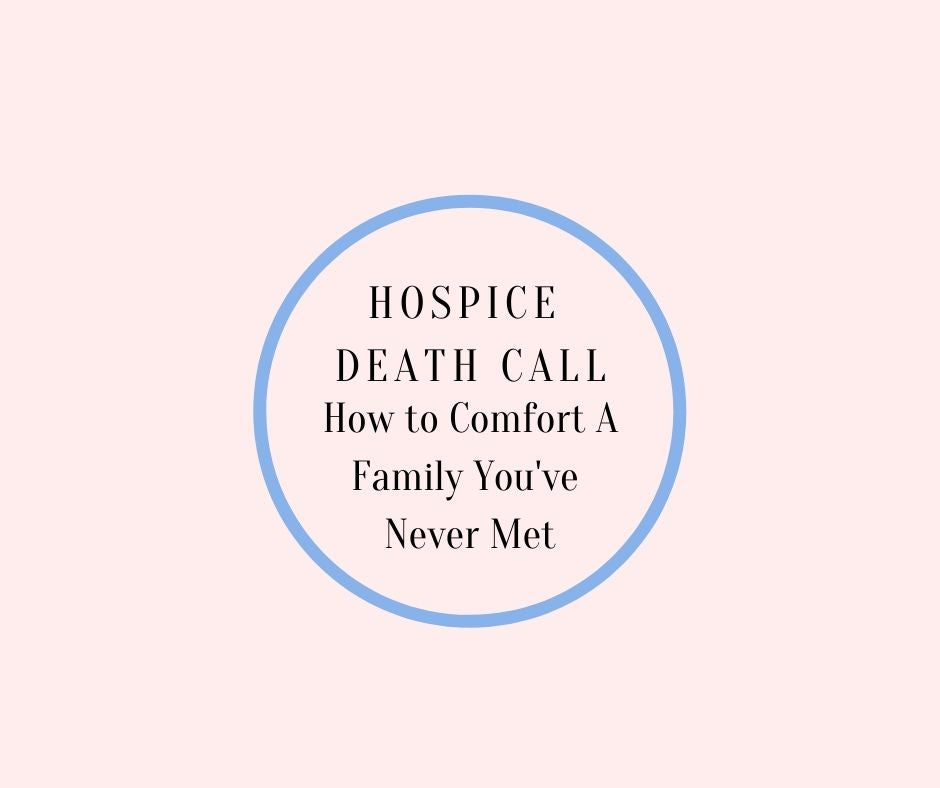QUESTION: Should children be told of their impending death or do they somehow know it?
It is interesting to me that we can talk about adults approaching death and all the dynamics involved with a certain amount of detachment. Being an adult I understand that people die (other people, not me of course) so I can look at dying rather objectively (that is if I will look at the subject at all). But with children our objectivity and detachment seem to vanish. Our hearts start screaming at the injustice of it all. Old people can die but not children.
Our protective instincts seem to come out as well when considering talking to children. We want to protect them from everything: unpleasantness, things we consider scary, pain of all kinds, and all the unattractive sides of living. So naturally we will want to protect them from the knowledge that medical science can’t fix them, that indeed they are going to die sooner than we all anticipated. They won’t live to be old.
If an adult knows, at some point in their disease progression, that they are going to die (and they do know whether they share that knowledge with others or not) why should we assume that children do not know? We tend to look at life’s events through the prism of our own fears, memories, and experiences. Most children are clearer, purer, have less life baggage than adults, and have fewer fears to trap themselves with.
Another factor we have to consider in looking at children’s knowledge of and reaction to dying is their age. Obviously a four year old is going to perceive death in a different way from a fourteen year old. My credo for working with people is, “I don’t lie, try hard not to play games, and will talk about anything.” I’m thinking that applies to working with children as well. Be honest, forthright, include them in decision making, and talk about anything---all at an appropriate age level.
I reached out for guidance with this article to supplement my own opinions and experiences. David N Korones, MD has written an article in the American Academy of Hospice and Palliative Medicine bulletin that was most helpful. I strongly recommend reading it. The title of the article is "Talking to Children." www.aahpm.org/pdf/04summer.pdf.
A friend from Linkedin, Carol Harris, RN, wrote an excellent response to my quest for further information. I have included it below:
"I was a pediatric oncology nurse at Johns Hopkins Hospital in Baltimore, so this is a subject near and dear to my heart. We practiced primary care nursing and every patient I had died. I had three children of my own, ages 7, 13, and 15 at the time, and could see first hand the differences between the dying children and healthy ones. My experience and comments are about children dying of cancer and leukemia.
"I met most of my patients on the day of diagnosis. I was frequently at the meeting with a pediatric oncologist and the parents where they learned of the diagnosis, sometimes in the middle of the night. What the parents are told about dying is just as relevant as what the children are told. Some didn't want to know the prognosis, or very clearly wanted some hope. I saw marriages destroyed by the stress of having a dying child, some parents succumbed to substance abuse to quell the pain of what they were facing. Many times it was the child who knew dying would be their outcome and their parents forbade conversation about it from doctors and their dying child.
"Seriously ill children are 'wise' in a different way than others, they are conversant about the procedures and test results and want to know what everything means. We had Child Life on our unit and the leader spent a lot of time role playing with dolls and medical equipment. I saw 3 year old children attaching 'IV tubes' to dolls, reassuring the dolls that it would only hurt for a minute, but would make them feel better. I kept Kleenex in business while I worked there. The youngest children, up to age 5 or so, seldom asked about death, and many didn't really grasp the concept.
"The older children, about 6 to 12 years old, saw what their 'friends,' the other children they got to know through the clinic visits where they often had their chemo infused, or from Child Life play sessions, went through. They became aware that others were dying. Many asked their parents, 'Am I going to die?' or TOLD their parents that they were dying themselves, often in a matter of fact tone. Those children, ironically, would sometimes realize that their outcome was death if they got their 'Wish' trip to Disney World. One 10 year old girl told me, 'I guess I'll die pretty soon because they are sending me to meet Mickey', and laughed. (Where are those Kleenex???)
"The teens were the hardest, in a way, they ALL knew. They were ALL more realistic than their parents. Most of them felt strongly that they wanted to LIVE until they died. They wanted to 'look good', not be tethered to medical equipment, and they were invariably the ones who decided when to call it quits. THEY had to convince their parents that it was time to stop the treatments.
"There's no one answer to the question of what a child or PARENT should be told, just like there isn't one conversation we have with a terminally ill adult. You tell them what they are ready to hear, and answer questions honestly. Often the parent(s) need more support and guidance than their child does. I'd tell parents to involve their religious guide (If they have one) or refer a chaplain if appropriate (it almost always is), involve Child Life (bless them!!!), get pediatric hospice involved, and PAY ATTENTION to the dying child's siblings. Often siblings are suffering as much as the dying child. There's an excellent book, 'A Taste of Blackberries' by Doris Buchanan that is about a child whose friend dies that is helpful for siblings and friends of a child who's dying."
Something More About... DYING CHILDREN, How Much Do They Know?
We have two booklets for children (which are also used for art therapy with patients with dementia) I AM STANDING UPON THE SEASHORE and THE TREE OF LIFE. The first booklet, I AM STANDING UPON THE SEASHORE, is Henry Van Dykes’ poem, “Gone From My Sight” set to drawings of Viking ships. In this way the poem becomes a personal story in which the child can tenderly see and interact with the concept of bereavement through coloring. These pictures present a kindly characterization of the end of life journey offering hope, lessening our fear of death and softening the grieving process inherent with a long goodbye. THE TREE OF LIFE booklet can also assist us explaining bereavement to a child who is preparing to say good-bye to life themselves or a child dealing with the sudden or unexpected death of a loved one.








3 comments
Althea P. Halchuck, E-JD, CT
For 9 months, I did my law school internship at a busy pediatric hospice in Southern California. At the time, it was the only one in the region that was staffed by teams solely trained in pediatrics. In meeting many of the children or hearing their cases in the team meetings, I agree with your nurse friend. Most of these young kids knew what was happening to them; they were dying. It was unfortunate that some of the parents refused to believe or discuss their child’s condition. At a time when a dying child needs their parent{s} the most, they were isolated and alone with their emotions and fears. Some kids acted out in order to be heard while others withdrew into themselves. It made a sad situation so much sadder.
For 9 months, I did my law school internship at a busy pediatric hospice in Southern California. At the time, it was the only one in the region that was staffed by teams solely trained in pediatrics. In meeting many of the children or hearing their cases in the team meetings, I agree with your nurse friend. Most of these young kids knew what was happening to them; they were dying. It was unfortunate that some of the parents refused to believe or discuss their child’s condition. At a time when a dying child needs their parent{s} the most, they were isolated and alone with their emotions and fears. Some kids acted out in order to be heard while others withdrew into themselves. It made a sad situation so much sadder.
Maggie Manning
I have used Gone from My Sight when I am with families trying to comprehend death of their loved one. Excellent book. Glad discussion is happening to address children and death. I almost died at 10. Overheard adults talking. Realized I had received my Last Rights. . Pulled through. For most of my life I said, I’m never dying. I was terrified of death. I wish someone had helped me understand death. Today I’m blessed to walk end of life journey with others in Hospice. Death is scarry…the unknown.
Truth about feelings, information etc very important. Blessings.
I have used Gone from My Sight when I am with families trying to comprehend death of their loved one. Excellent book. Glad discussion is happening to address children and death. I almost died at 10. Overheard adults talking. Realized I had received my Last Rights. . Pulled through. For most of my life I said, I’m never dying. I was terrified of death. I wish someone had helped me understand death. Today I’m blessed to walk end of life journey with others in Hospice. Death is scarry…the unknown.
Truth about feelings, information etc very important. Blessings.
ANNE DAIGLE
There is a novel called “The Blood of the Lamb” by Peter De Vries. Should be required reading on the subject.
There is a novel called “The Blood of the Lamb” by Peter De Vries. Should be required reading on the subject.